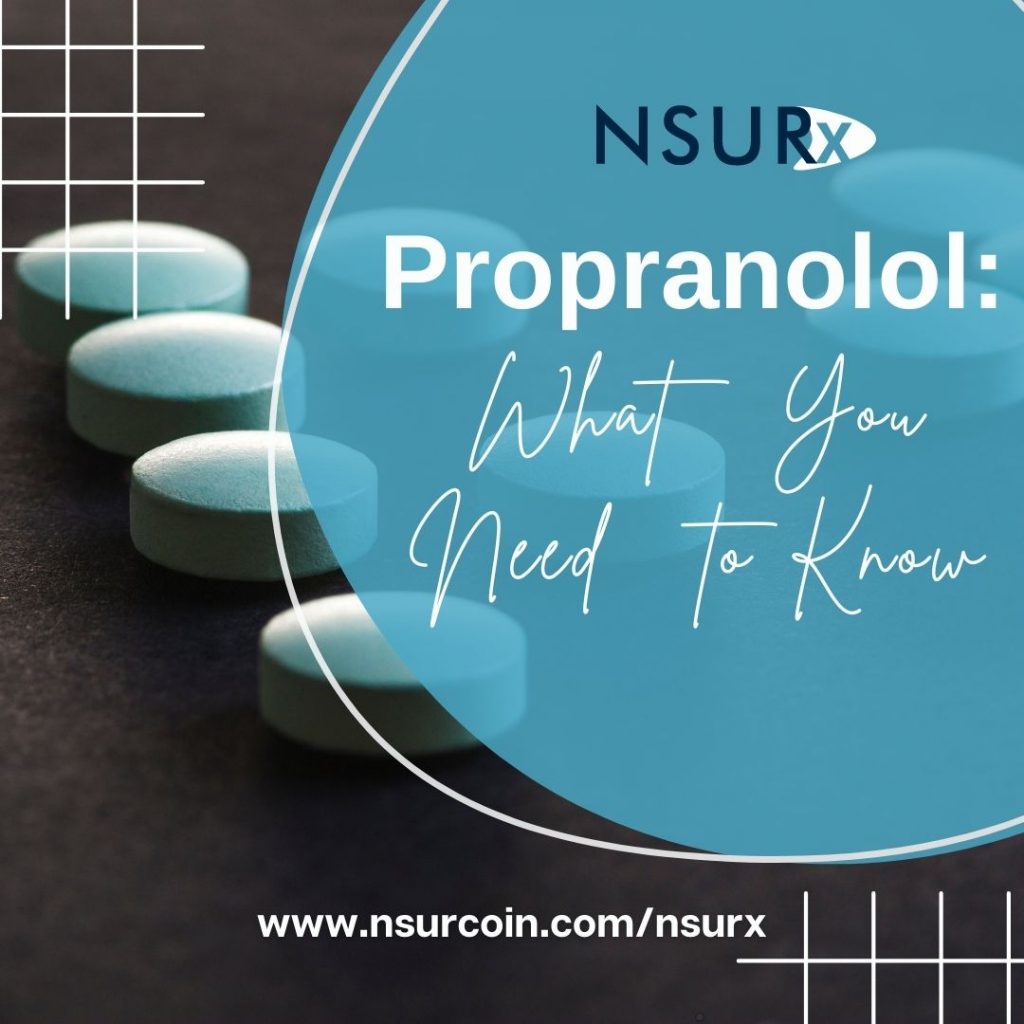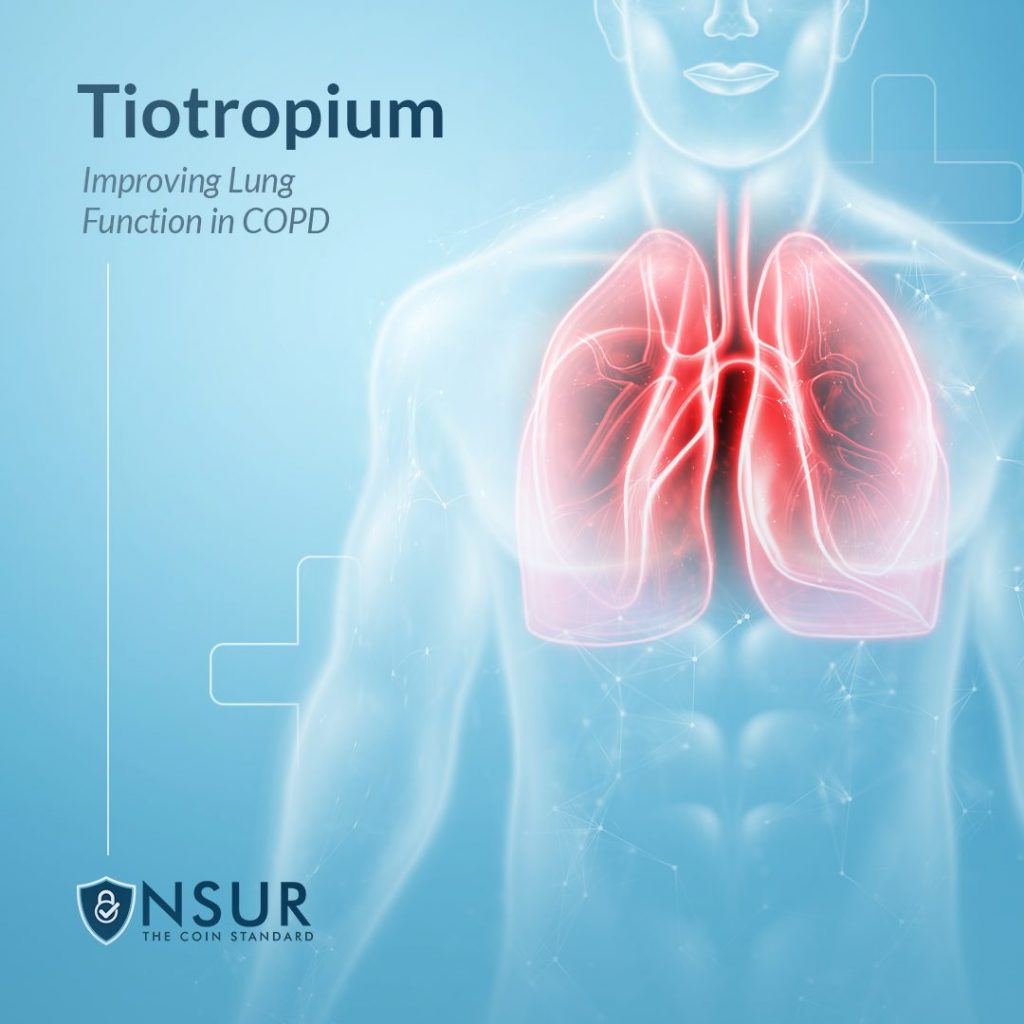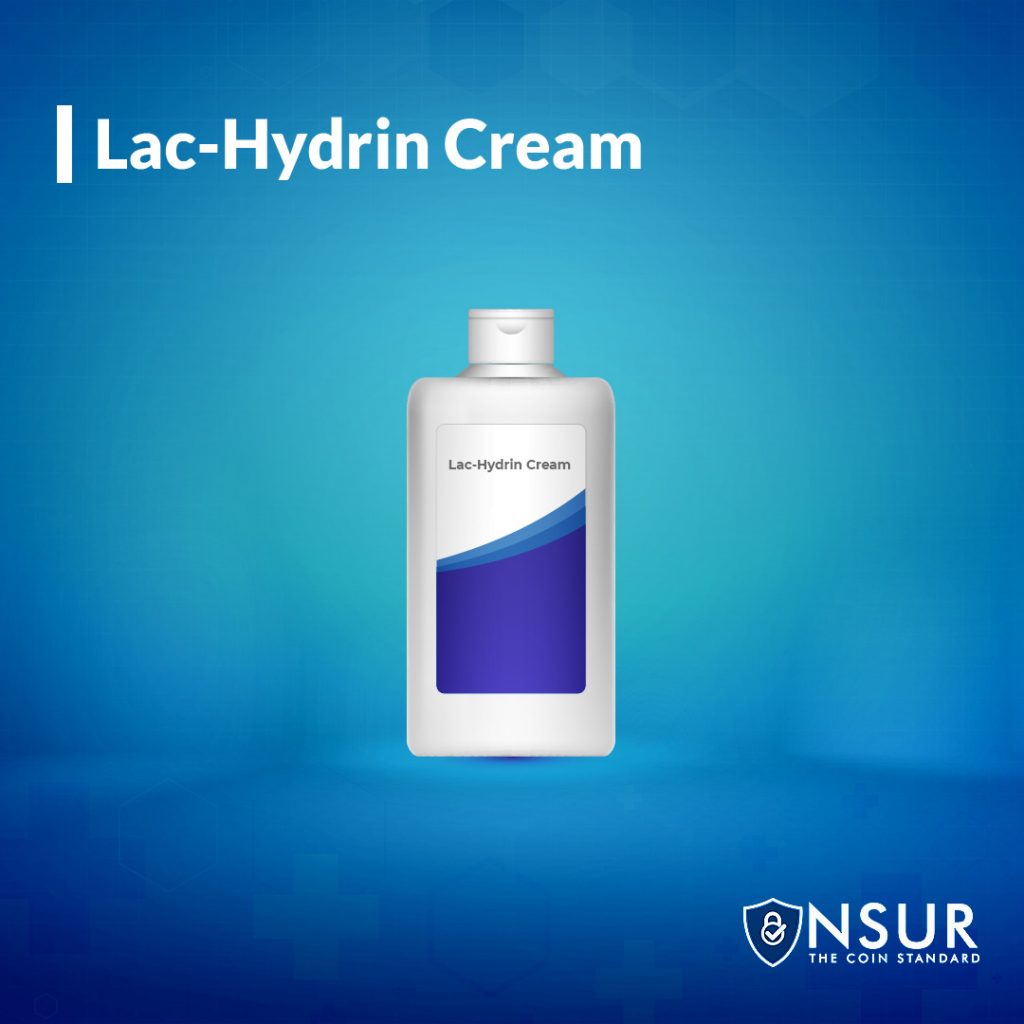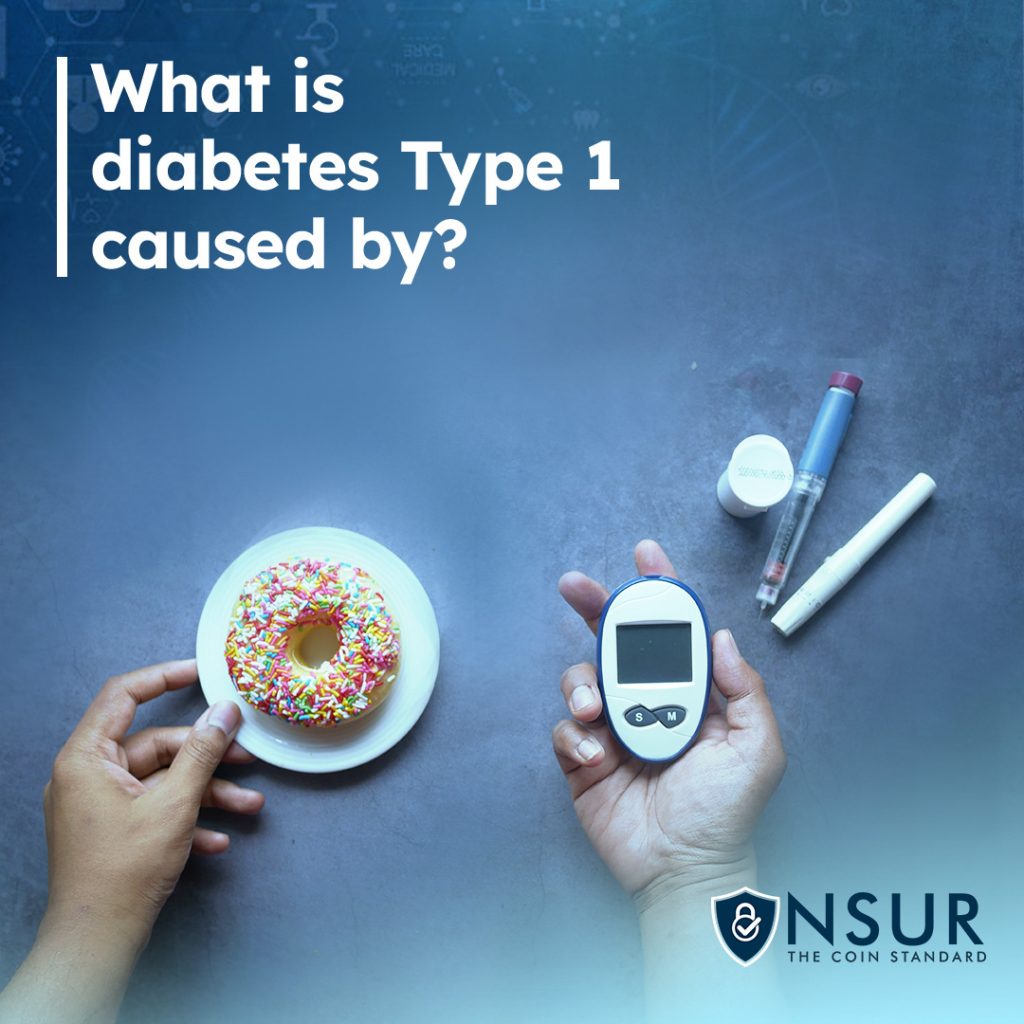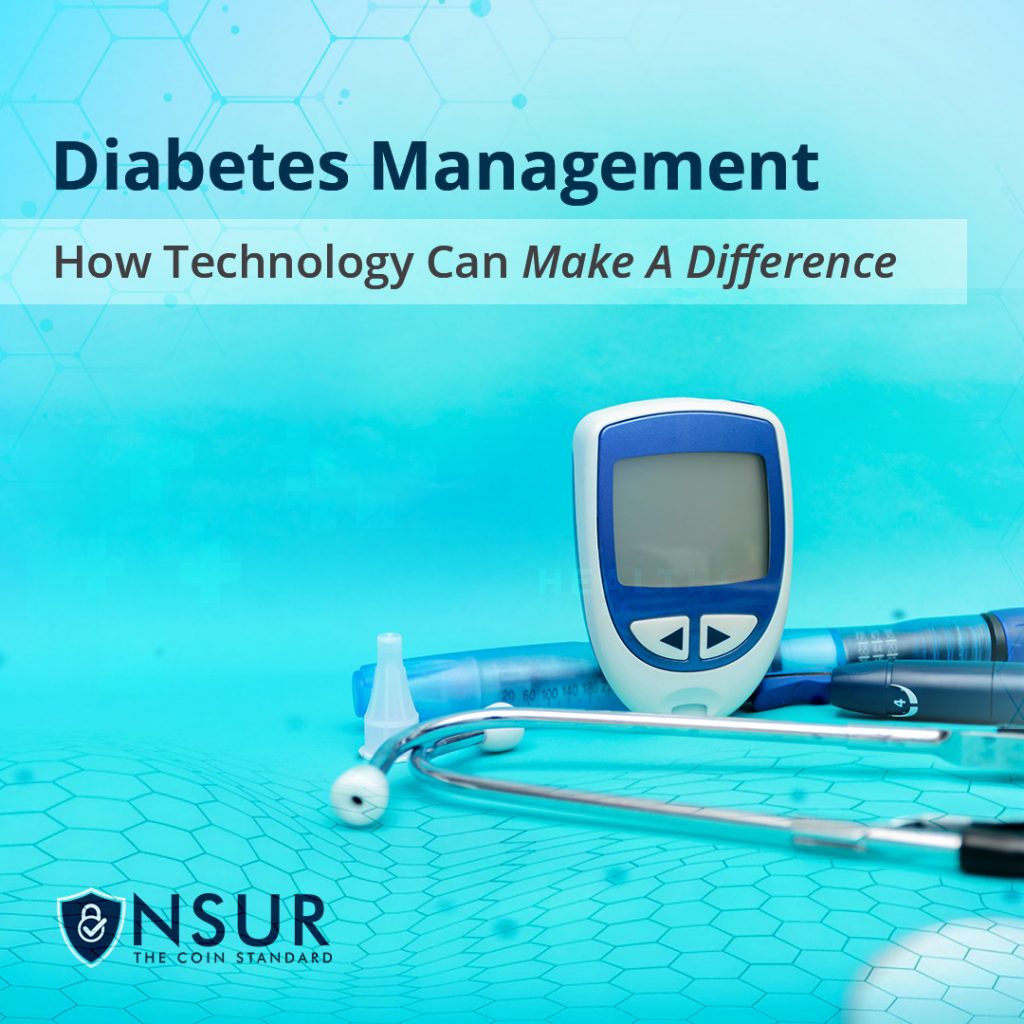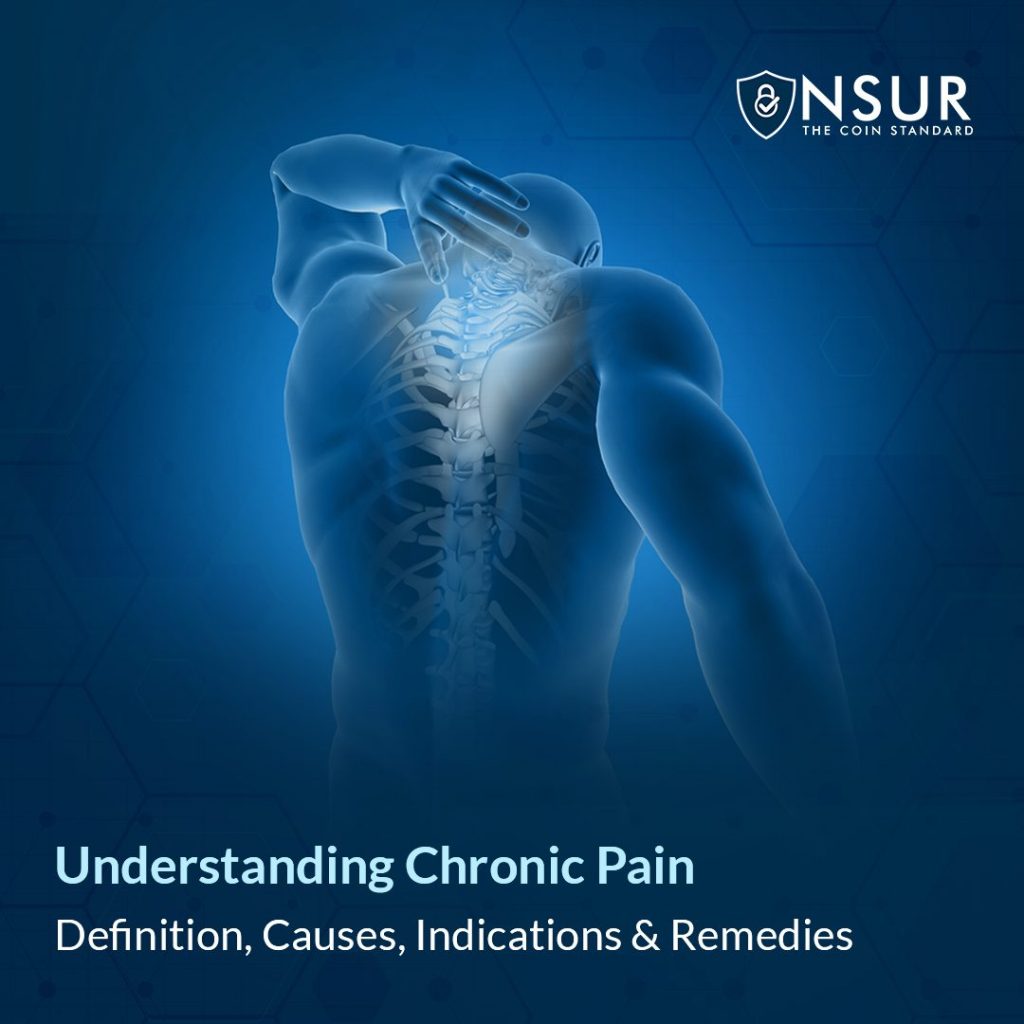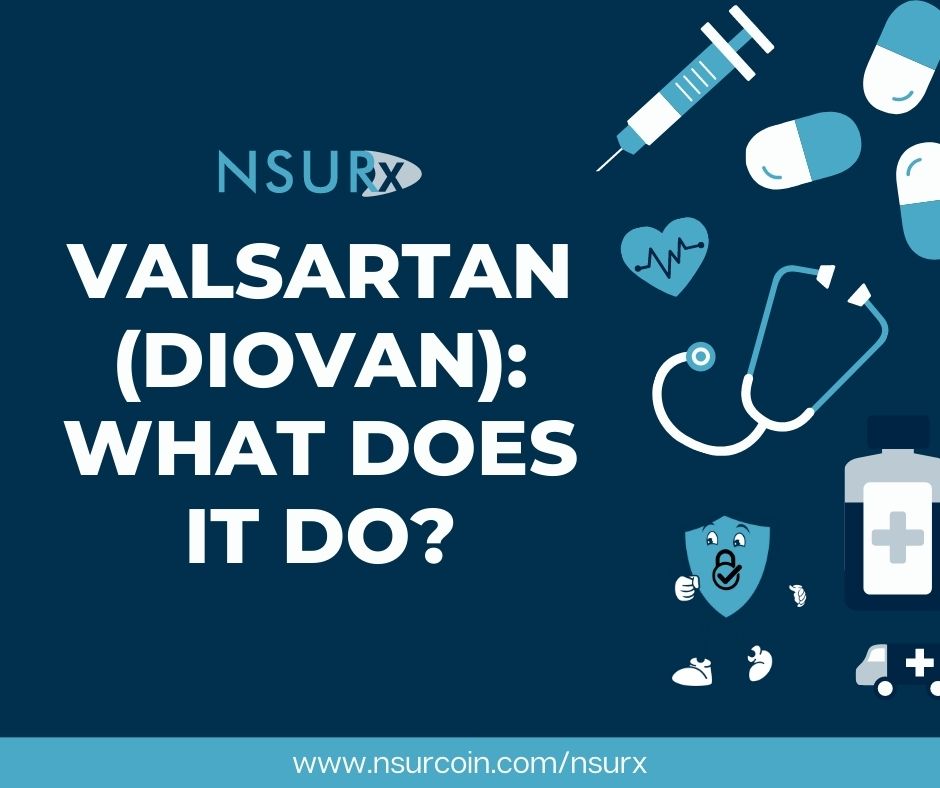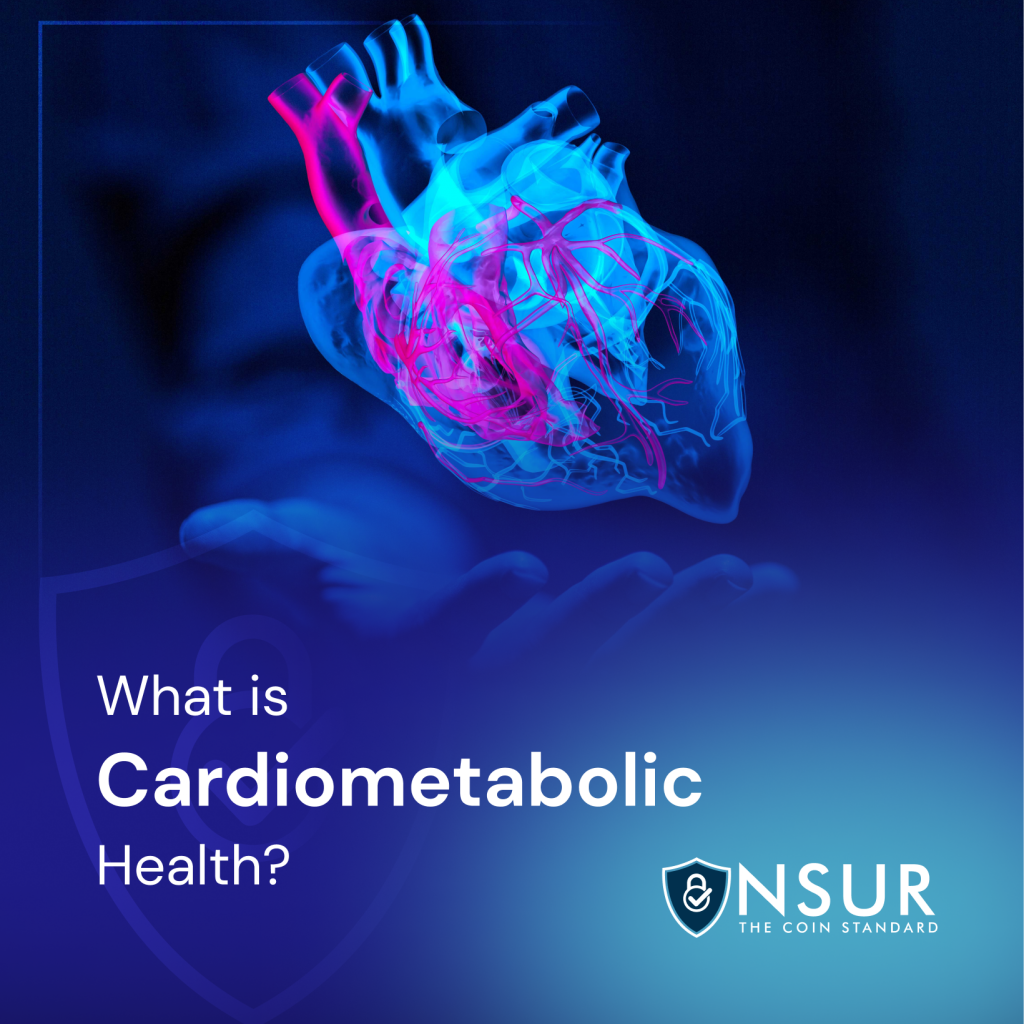
Cardiometabolic health isn’t just focused on one area but is related to a spectrum of conditions. These include:
- Metabolic syndrome and insulin resistance
- Type 2 diabetes
- Cardiovascular disease
- Imbalanced Cholesterol is also known as Dyslipidaemia
- High blood pressure
- Obesity and deep abdominal fat that surrounds the organs
Cardiometabolic health can be very difficult to deal with, but certain nutritional and lifestyle changes can make a positive difference.
Less movement, refined food, fad diets, more tobacco intake, increased alcohol consumption, elevated stress and insomnia are some of the factors contributing to deteriorated cardiometabolic health. According to Harvard, in a study conducted in 2018, it was discovered that only 6.8% of people in the USA had optimal cardiometabolic health. This means that less than one out of 14 people have good cardiometabolic health.
If you want to measure your true cardiometabolic health, then you will have to look beyond LDL also known as bad cholesterol. There is so much more to assessing cardiometabolic health rather than just determining it based on LDL levels, such as:
- Body weight and visceral fat. A simple waist to hip ratio, including assessment of visceral fat, body fat, and muscle mass.
- Blood pressure
- Insulin resistance risks such as Fasting insulin or C-peptide levels, fasting glucose, fasting triglycerides, and HbA1c levels
- Lipids like cholesterol, LDL and HDL cholesterols, triglycerides and HDL to triglycerides ratio, and VLDL
- Advanced cholesterol assessment
- Inflammation and Plaque risk markers – Lp PLA2, C-reactive protein
- Fibrinogen
- Homocysteine
- ApoE
Your medical professional will conduct some assessments for the above mentioned tests, but most of them will be determined based on your family history, medical conditions, nutrition, lifestyle, body composition, body fat, age, gender, and stress levels.
Nutrition & Lifestyle
Your lifestyle and nutrition can decrease or even prevent the risks of cardiometabolic health. According to Steve Grant Health, you can add these Mediterranean foods to your diet for good cardiometabolic health:
- Unprocessed vegetables and fruits
- Whole grains
- Nuts and seeds
- Legumes
- Dairy
- Extra virgin oil
- Spices and herbs
- Occasional red meat, lean meat and fish
- An occasional glass of red wine
The above mentioned diet makes it easier to manage calorie intake, has a low response to blood sugar, is high in vitamins, minerals and necessary phytonutrients, is rich in fiber, provides a healthy balance between mono and polyunsaturated fats, provides proper protein intake and maintains carbohydrate intake.
Foods that you should avoid or limit to maintain a healthy lifestyle and manage your cardiometabolic health are as follows:
- Sugar
- Refined or processed food
- High amounts of saturated fat, which is present in dairy or in fatty meats
- Any type of refined or hardened heat extracted vegetable or seed oil
Take advantage of NSURx when making healthy lifestyle changes!
With the NSURx Prescription Benefit Card, you can save money on your cardiometabolic medications at more than 35,000 pharmacies across the United States.
You can save up to 80% on your cardiometabolic medication by using an NSURx card. Hundreds of dollars in savings could be yours every time you fill out your prescription.
The more you shop with NSURx, the more NSUR Coins you will receive as a reward.
